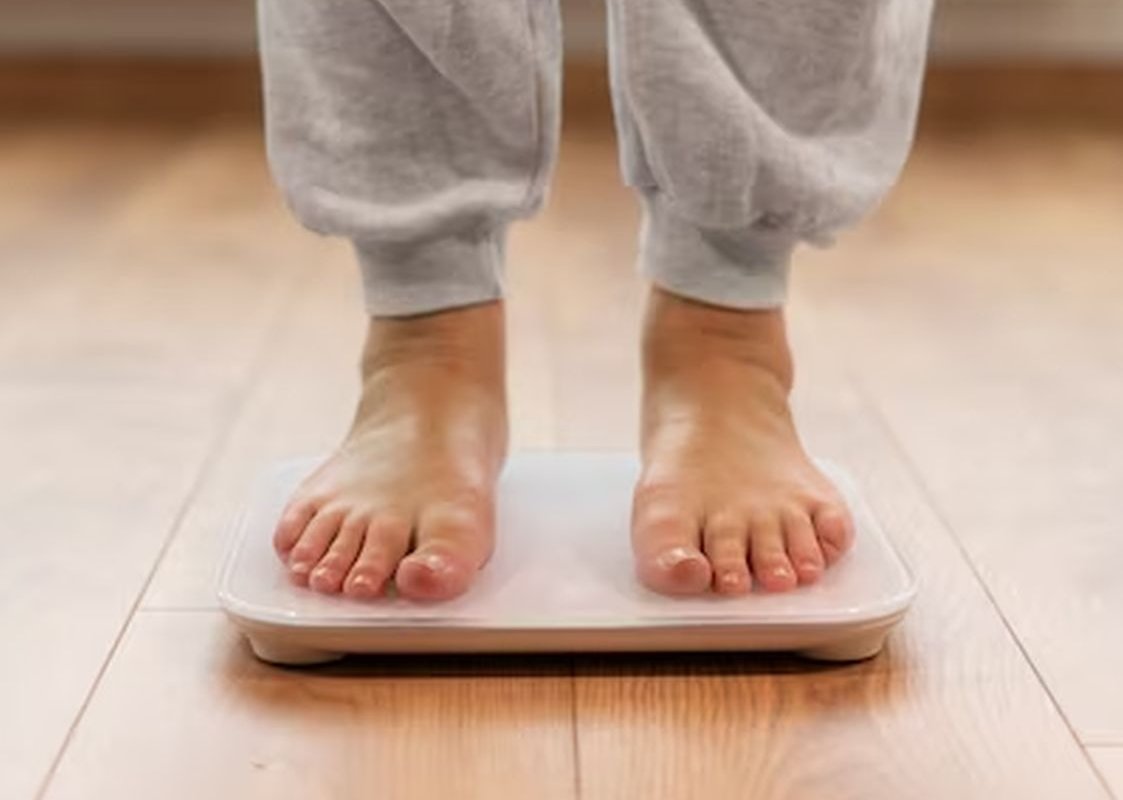
If you're trying to lose weight, but the weight is stubbornly not going away, it may be due to a slow metabolism.
When it comes to a slow metabolism or exchange substances, it is understood that the body inefficiently disposes of the calories that it receives from food. Instead of using them for energy, he uses calories to build fat stores.
A number of signs indicate a similar slowdown in metabolism.
Permanently cold.When the body actively uses calories for energy production, it releases enough heat to not suffer from chilliness even in cool conditions. People with slow metabolisms complain about the cold not only when it is objectively cold – their chilliness is increased. In particular, their hands and feet get cold – this is one of the signs that the body does not consider the production of energy along with heat a priority for survival and slows down blood circulation.
Dry skin.If you're not constantly indoors with the heating on and you're not suffering from dehydration, but your skin is still dry, this could also be due to a slow metabolism. In his case, the body provides blood supply only to strategically important organs. Facial skin is not one of them. Not getting the right amount of nutrients with the blood, it deteriorates – it undergoes dryness, rashes.
Hair loss. The same principle applies as with the skin of the face. Due to the slow metabolism, the hair follicles are sluggishly supplied with blood.
Fatigue.Feeling lethargic in the morning and a strong decline in energy in the afternoon (at about 2-3 pm) is considered a classic sign of impaired metabolism.
Doctors have identified a childhood cause of adult obesity
Why does metabolism slow down? Common causes are poor or insufficient sleep, severe stress, lack of normal rest, too little physical activity, as well as an unbalanced diet that does not provide the body with the nutrients it needs in the form of macro- and microelements, informed Fit for Fun.
Slow metabolism: 8 symptoms that indicate it
Earlier, MedikForum.ru wrote about what may be hiding behind people's cravings for junk food.
Important ! Information provided for reference purposes. Ask a specialist about contraindications and side effects and under no circumstances self-medicate. At the first sign of illness, consult a doctor.
